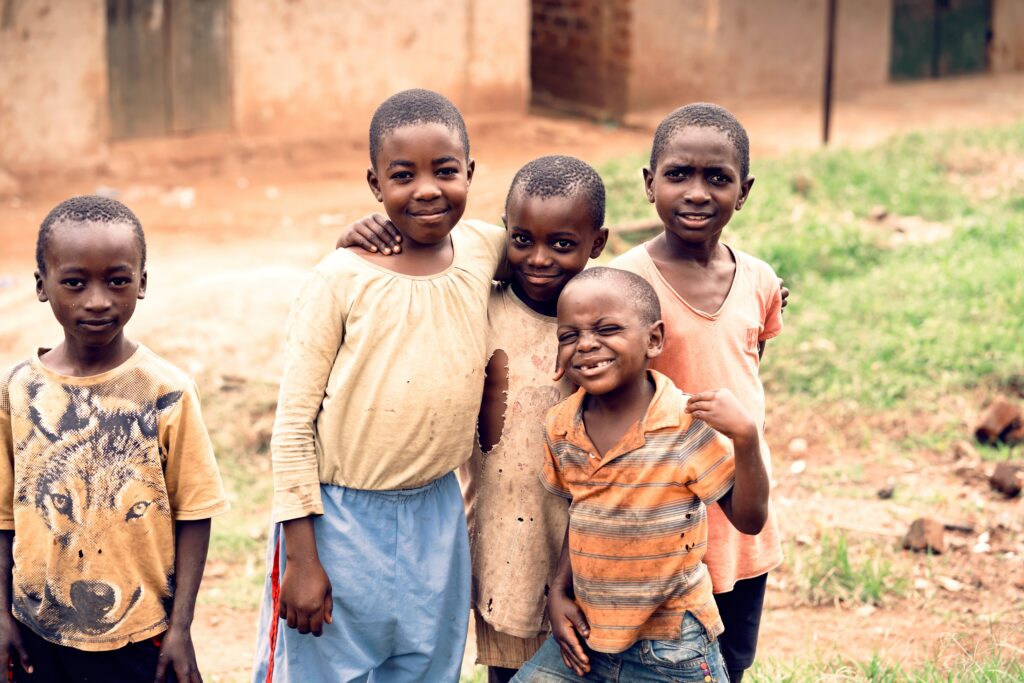Partner: International Needs Uganda (INUG)
Location: Jinja and Kayunga District, Uganda
(Note: INA does not have overseas offices and staff. We support, help grow, and learn from established in-country community-based partners).
The Jinja and Kayunga Districts in East-Central Uganda are populated predominantly by rural farming communities who adhere largely to traditional tribal political structures and practices. Gender disparity and lack of education are two of the region’s most pressing issues, which are exacerbated by accelerating rural-urban migration of local youth, comparatively high levels of poverty, and labour scarcity. However, the region’s history and fertile land make it ripe for further agricultural development which has been identified as an avenue out of poverty.
As 70% of the nation’s population already derives income from farming and agriculture, persistently high levels of poverty denote a need for an infrastructural and methodological overhaul to maximise yield efficiency and address household and community poverty.
This project has been running since January 2013 under the financial support of ANCP, and has entered a new phase as of late 2022. More than 4000 small-scale and subsistence farmers have been introduced to the Farmers Associations (FAs) established and supported by the project, which empowers participants through training in leadership and project management, business management and financial literacy.
More than 80% of the farmers have attributed increases in agricultural production and productivity to the project so far. The overall intention of the project is to improve the capacity of the FAs so they may sustain their organisations after the project is finished, and to support individual farmers in establishing sustainable incomes which will improve the overall quality of life of their families.
Goal 1: To improve the capacities of partner FAs to support and empower their members towards improved livelihoods.
Goal 2: To improve the abilities of farming Households to sustainably meet their own nutritional, educational, and health needs.
Projected Beneficiaries: 2800
What your support has helped achieve so far (in previous phases of this project)

With funding from ChildLink supporters, the International Needs Child Assistance Program (INCAP) is supporting vulnerable children in the following ways: